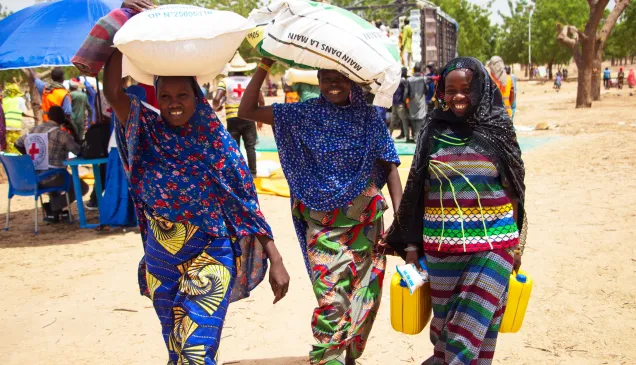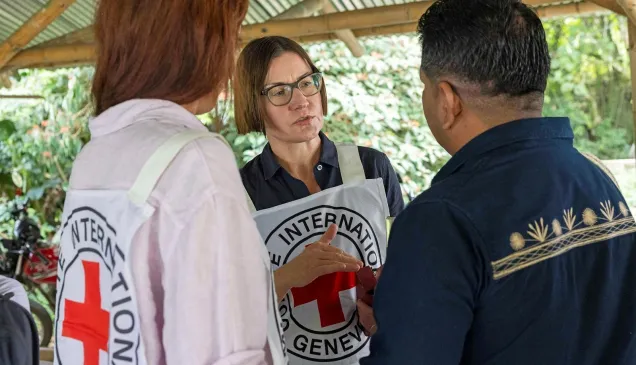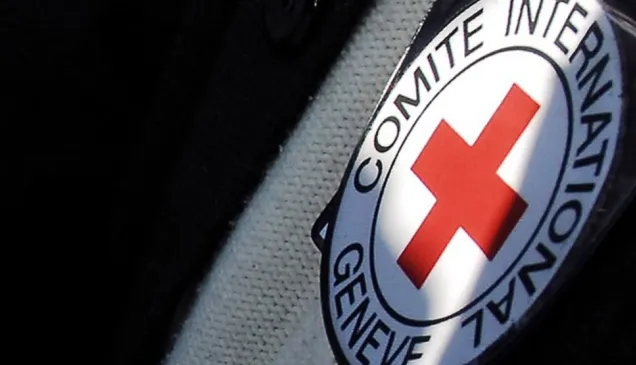Geneva (ICRC) - The International Committee of the Red Cross (ICRC) and Switzerland are hosting the fourth and final meeting of States in Geneva on 23-24 April 2015 as part of their joint initiative on strengthening compliance with international humanitarian law.
The meeting was opened by ICRC President Peter Maurer and the head of the Federal Department of Foreign Affairs (FDFA), Didier Burkhalter,
"The current state of human suffering, and of humanitarian needs caused by armed conflicts around the world, would be far lower if international humanitarian law were properly implemented by the parties on the ground, both State and non-State," said Mr Maurer. "There is - still – an overwhelming implementation gap."
The results of the diplomatic process, together with the recommendations, will be presented in a final report to the 32nd International Conference of the Red Cross and Red Crescent in December 2015.
International humanitarian law (IHL) seeks to limit the effects of armed conflict on humanitarian grounds. Its main sources are the 1949 Geneva Conventions and their Additional Protocols as well as customary international law. Although the nature of armed conflict has evolved, IHL remains an appropriate and relevant framework for regulating the conduct of war and ensuring protection for all those who are not or are no longer participating in hostilities.
For example, IHL prohibits the mistreatment of prisoners of war and attacks on civilians and contains rules on humanitarian access. The main problem in contemporary conflicts is not the lack of norms but rather the widespread breaches of the rules that exist.
Since 2012, Switzerland and the ICRC, based on a resolution of the 31st International Conference of the Red Cross and Red Crescent, have been conducting intensive consultations with states and other interested actors to find ways and means to strengthen compliance with IHL. In all, four meetings of States on strengthening compliance with IHL have been held.
In the course of the consultations, the States have acknowledged that the existing IHL enforcement mechanisms are inadequate. It has also been established that there is an institutional vacuum in the area of IHL implementation. The Geneva Conventions of 1949 are an exception among multilateral treaties in that they do not establish a regular conference of States parties or another similar type of institutional forum in which States can discuss the application of IHL and current challenges to compliance with it.
During the consultations, a majority of States have said that they are in favour of establishing a regular meeting of States for IHL. This would provide a forum for more intensive discussions on current challenges and on possible measures to address them, thereby enhancing overall dialogue and cooperation on issues such as the strengthening of State capacities in the implementation of IHL obligations. These States believe that a new mechanism would be an important step in strengthening protection for victims of war.
For further information, please contact:
Francis Markus, ICRC Geneva, tel: +41 79 217 32 04



